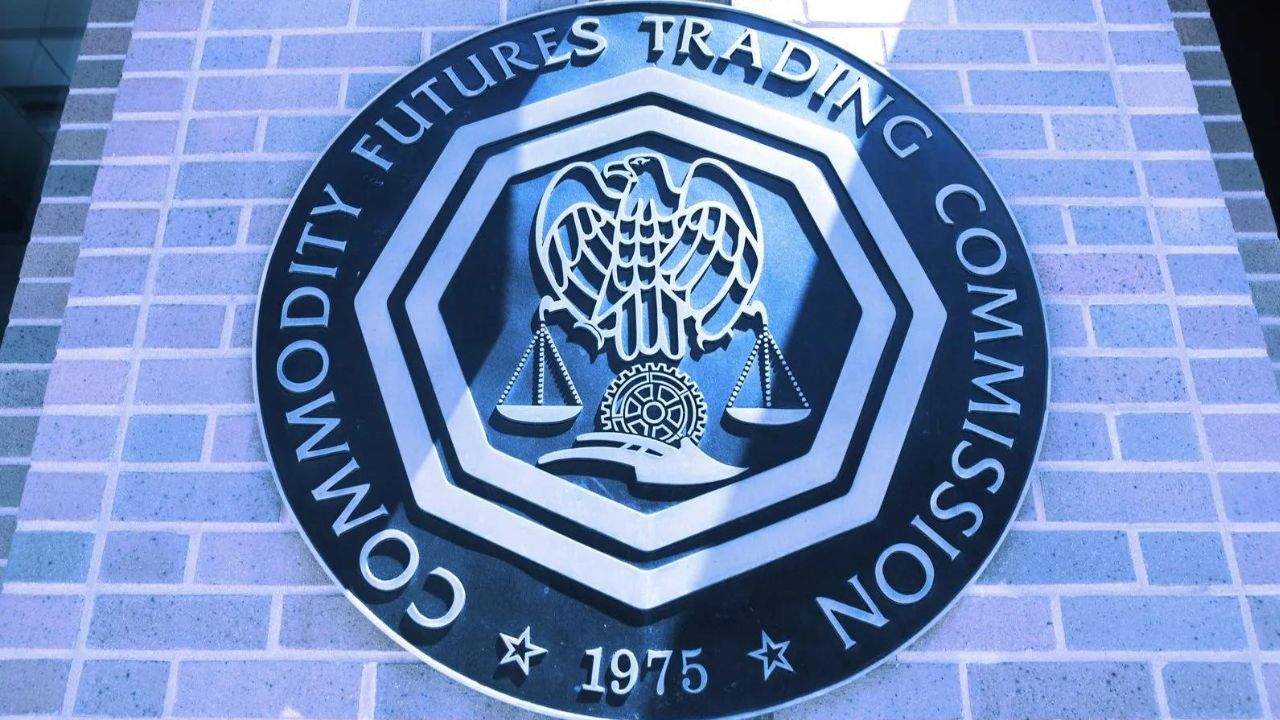JPMorgan Chase, the largest U.S. bank, recently disclosed penalties totalling around $350 million due to failures in reporting trading data to market surveillance systems.
The consequences of these lapses, revealed in a filing with the Securities and Exchange Commission, signify a significant regulatory setback for the financial giant.
Within its corporate and investment bank division, JPMorgan admitted to inadequately transmitting certain trading and order data to its trade monitoring platforms.
Failure in Data Transmission:
Despite being a fraction of total activity, the omission of trading information, especially concerning sponsored client access activity, was deemed significant by the bank.
Acknowledging the lapses, JPMorgan initiated a comprehensive remediation process and committed to an independent review of its systems.

Enhancements to venue inventory, data completeness controls, and ongoing remediation activities are underway to address the identified gaps in data transmission.
While the bank is in advanced discussions with two U.S. regulatory agencies regarding the penalties, uncertainties remain regarding the outcome of these negotiations.
Although JPMorgan is engaging with regulators, there’s no guarantee that these discussions will result in a resolution favourable to the bank.
Impact on Client Services:
Despite the regulatory challenges and impending penalties, JPMorgan assured that client services would not be adversely affected. The bank aims to navigate through these regulatory hurdles while maintaining its commitment to serving its clients effectively.

This is not the first instance of data reporting errors for JPMorgan. In October, the bank was fined $15 million by the Commodity Futures Trading Commission for failing to report swap transactions and inaccurately reporting cross-currency equity swaps.
These previous incidents underscore the importance of robust data reporting systems within financial institutions.
The penalties faced by JPMorgan Chase for data reporting lapses highlight the critical importance of accurate and timely reporting in the financial industry.
As the bank works towards remediation and regulatory compliance, maintaining transparency and accountability will be key in rebuilding trust with stakeholders.
